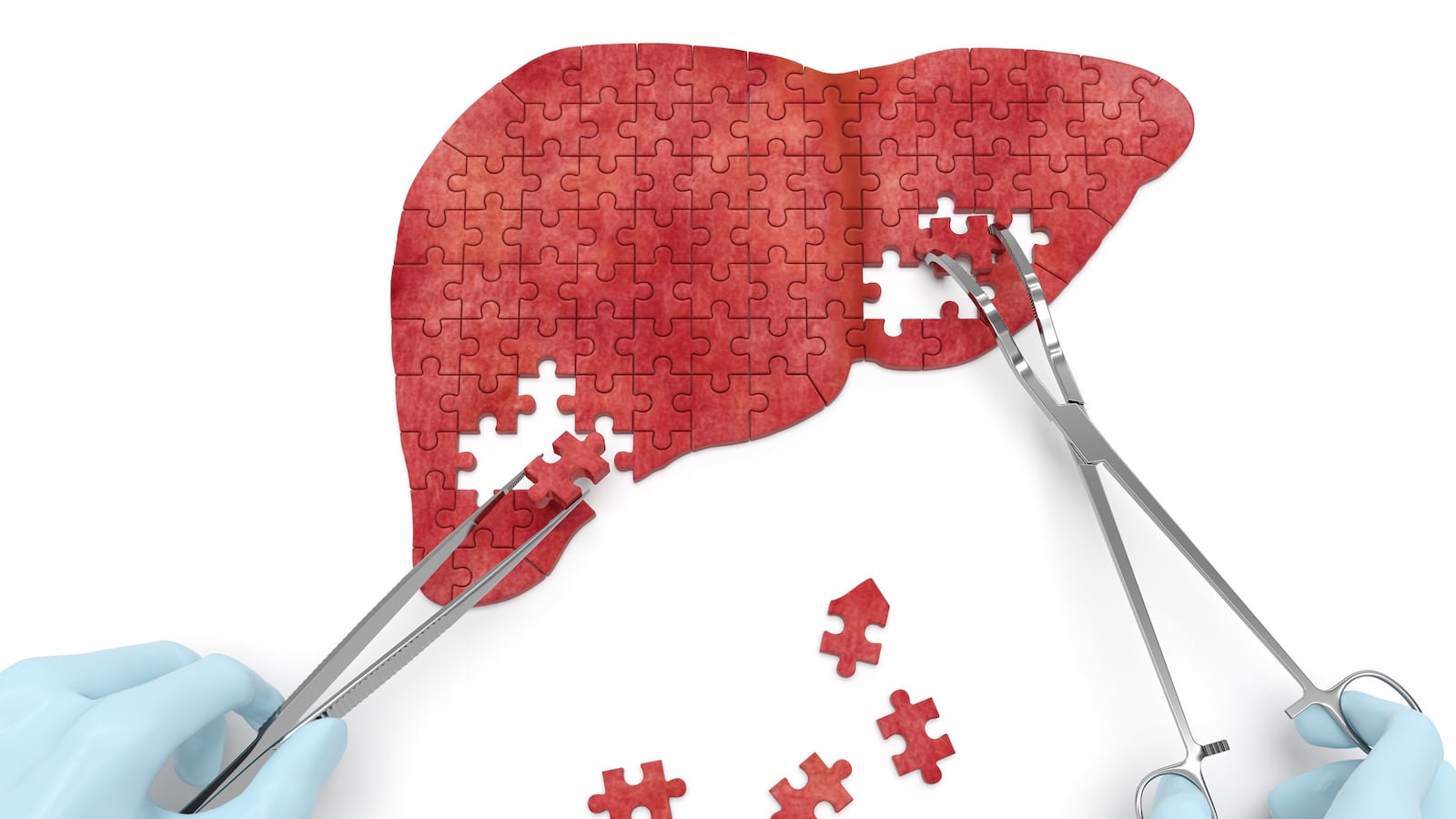The first-ever study to measure medical errors in the perioperative period (immediately before, during and after a surgical procedure) has found that a mistake is made in every other operation. The paper’s researchers analyzed more than 275 procedures undertaken at Massachusetts General Hospital (MGH), uncovering that a third of the errors resulted in patients being harmed.
The most common mistakes involved incorrect dosages being administered, symptoms indicated by a patient’s vital signs going untreated and mistakes in medication labeling. Of the adverse drug events that could have led to patients being harmed, 30 percent were considered significant, 69 percent serious and less than 2 percent were deemed to be life-threatening. Longer procedures, particularly those lasting more than six hours, had a higher rate of subsequent problems.
“We definitely have room for improvement in preventing perioperative medication errors, and now that we understand the types of errors that are being made and their frequencies, we can begin to develop targeted strategies to prevent them,” said Karen C Nanji, the paper’s lead author. “Given that MGH is a national leader in patient safety and had already implemented approaches to improve safety in the operating room, perioperative medication error rates are probably at least as high at many other hospitals.”
“Prior to our study, the literature on perioperative medication error rates was sparse and consisted largely of self-reported data, which we know under-represents true error rates. Now that we have a better idea of the actual rate and causes of the most common errors, we can focus in developing solutions to address the problems,” she added.
In carrying out the study, members of the research team monitored anesthesia providers (anesthesiologists, nurse anesthetists, and resident physicians) over the course of seven months, documenting any kind of error that occurred during the process of ordering or administering a drug. Though drug orders ordinarily go through multiple checks by different staff members, the pace at which an operating-room patient’s condition can change means that the required level of verification is often missed. MGH’s operating rooms have introduced a number of electronic devices, such as barcoded syringe labels and digital documentation in a bid to reduce the rate of mishaps, but Nanji warns: “It’s virtually impossible to eliminate 100 percent of errors because as the medical field advances and new medications and procedures are introduced, these bring new opportunity for errors.
“It’s critical to continuously evaluate and identify opportunities for improvement.”
Improving the current rate of error is paramount, as medical malpractice lawsuits—particularly incidents that result in patients being seriously harmed—frequently trouble the U.S. courts. Up to 19,000 lawsuits are brought against doctors each year, with a 2006 study finding that for every one dollar paid out in damages (and victims of medical errors are awarded an average of $800k), 54 percent went to administrative costs such as lawyers and representation, leading its researchers to surmise that “the overhead costs of malpractice litigation are exorbitant.”
With the already enormous stress that hospital errors cause, the prospect of spending hundreds of thousands of dollars on seeking justice can only add insult to avoidable injury.






